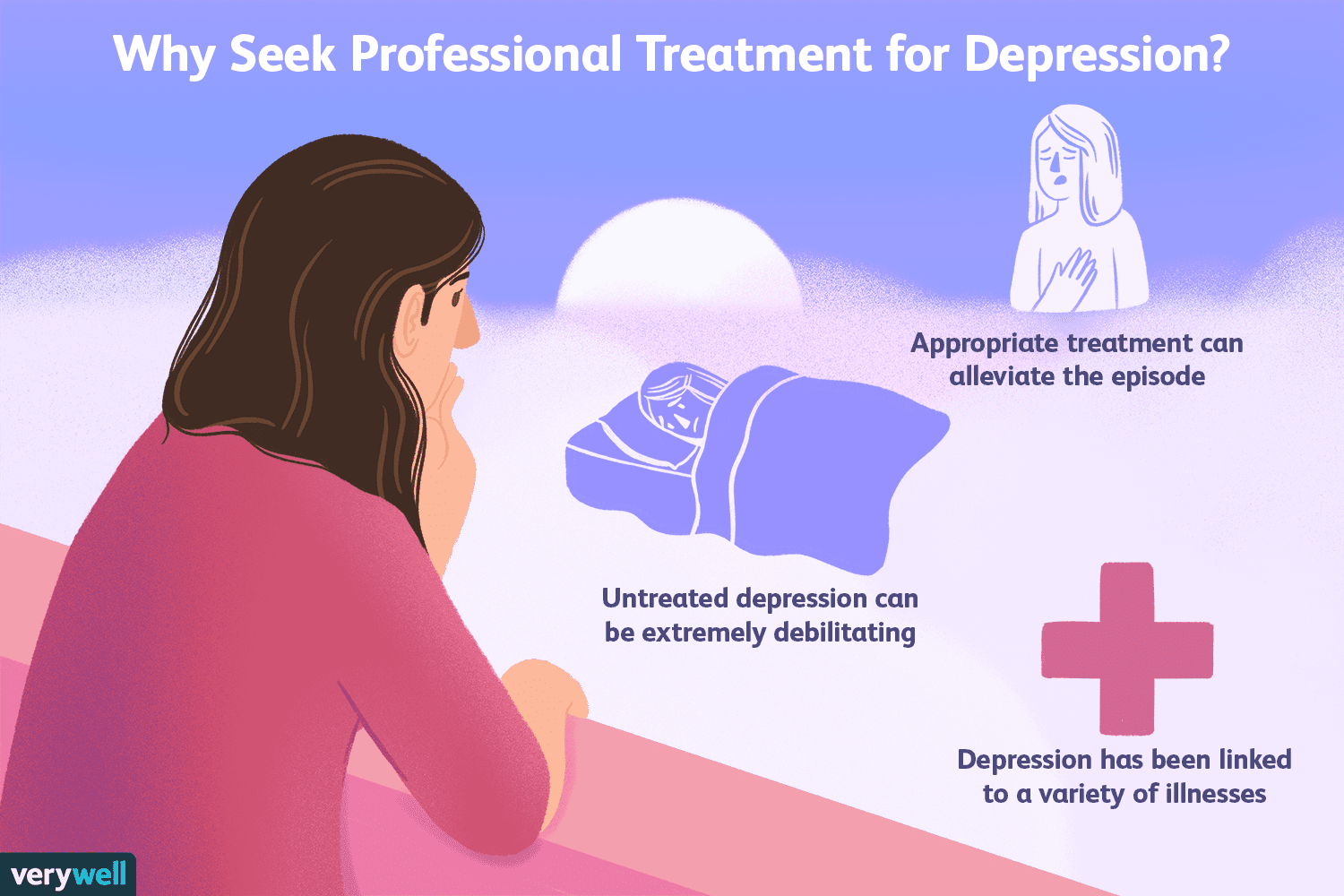Introduction
Depression is a serious condition, and it can be difficult to know what to do when you’re dealing with it. You might feel like there’s nothing you can do, or that your life will be ruined if you get help. But depression is treatable—and not just for the sake of feeling better! Here are some reasons why treatment can help:
For many people, life with depression can feel overwhelming.
Depression can be a debilitating illness, and it’s understandable that you might feel like there is no hope for the future. However, it’s important to remember that there are many things you can do to help yourself recover from depression.
- Make sure your support system is strong: If you live alone or with people who don’t want anything to do with you, this may not be the best time for them to try and help boost your mood. Instead, find someone who understands what depression feels like and has been through similar experiences themselves (a friend or family member will do fine). Once they’ve offered their support in whatever way possible—whether verbal or emotional—you’ll have more motivation than ever before!
- Eat well-balanced meals: A diet high in fruits and vegetables will provide plenty of nutrients that boost brain health while also helping reduce cravings due to appetite loss associated with depression symptoms.* Exercise regularly: Even small amounts of exercise can make all the difference when trying not only deal with feelings but also gain back some confidence as well.”
There are many ways to treat depression
There are many ways available for treatment for depression. The most effective method is to talk with a therapist and/or psychiatrist about your symptoms and how you feel, as well as what you think might be causing them. If medication is needed, it will usually only be prescribed for severe cases of depression or if there are no other options available.
A combination of therapy sessions and medications can work best for people who suffer from milder forms of the condition; however, if none of these options work or if you’re considering suicide then it’s important that someone gets help right away!
Meds aren’t the only treatment available to you
If your doctor prescribes medication, it’s important to remember that there are other options.
- Therapy. Cognitive behavioural therapy (CBT) is a type of psychotherapy in which a person learns how to change their thoughts or behaviours in order to reduce their symptoms. CBT can help with many aspects of depression, including anxiety and insomnia symptoms as well as mood regulation issues such as irritability and anger toward yourself or others.* Meditation.* Exercise has been shown to improve overall health, including mental health outcomes like depression.* Social support from loved ones can also be helpful; you may find that having someone else who understands what you’re going through helps keep your mind off things so much better than if they weren’t there at all!
You can get better
You can get better.
You are not alone.
There is hope.
It’s a process, but it will take time and effort on your part to improve your mood, energy levels and overall happiness—and if you’re lucky enough to have access to a good therapist or social worker who understands how depression works (and works with people like yourself), then you may find that this process goes better than ever before!
Depression is not a sign of weakness
Depression is not a sign of weakness. It’s a medical illness that affects the brain and nervous system, causing symptoms such as poor appetite, lack of energy, difficulty concentrating and sleeping well.
It’s vital to remember that depression isn’t your fault—it can be caused by many different factors including genetics or lifestyle choices like smoking cigarettes or drinking too much alcohol. If you have experienced an episode of major depressive disorder (also known as clinical depression), it may take time for your body to recover from these negative effects on your mental health and overall wellbeing; however, there are things you can do to help yourself feel better sooner rather than later!
Conclusion
If you’re experiencing depression, it may be hard to believe that you can get better. But there are ways to treat your depression and still live a productive life. You don’t have to feel like you’re not good enough or that your life is over just because you struggle with this disorder. The key is knowing what works for each individual person on their own path through treatment—and then taking the needed steps toward recovery!

